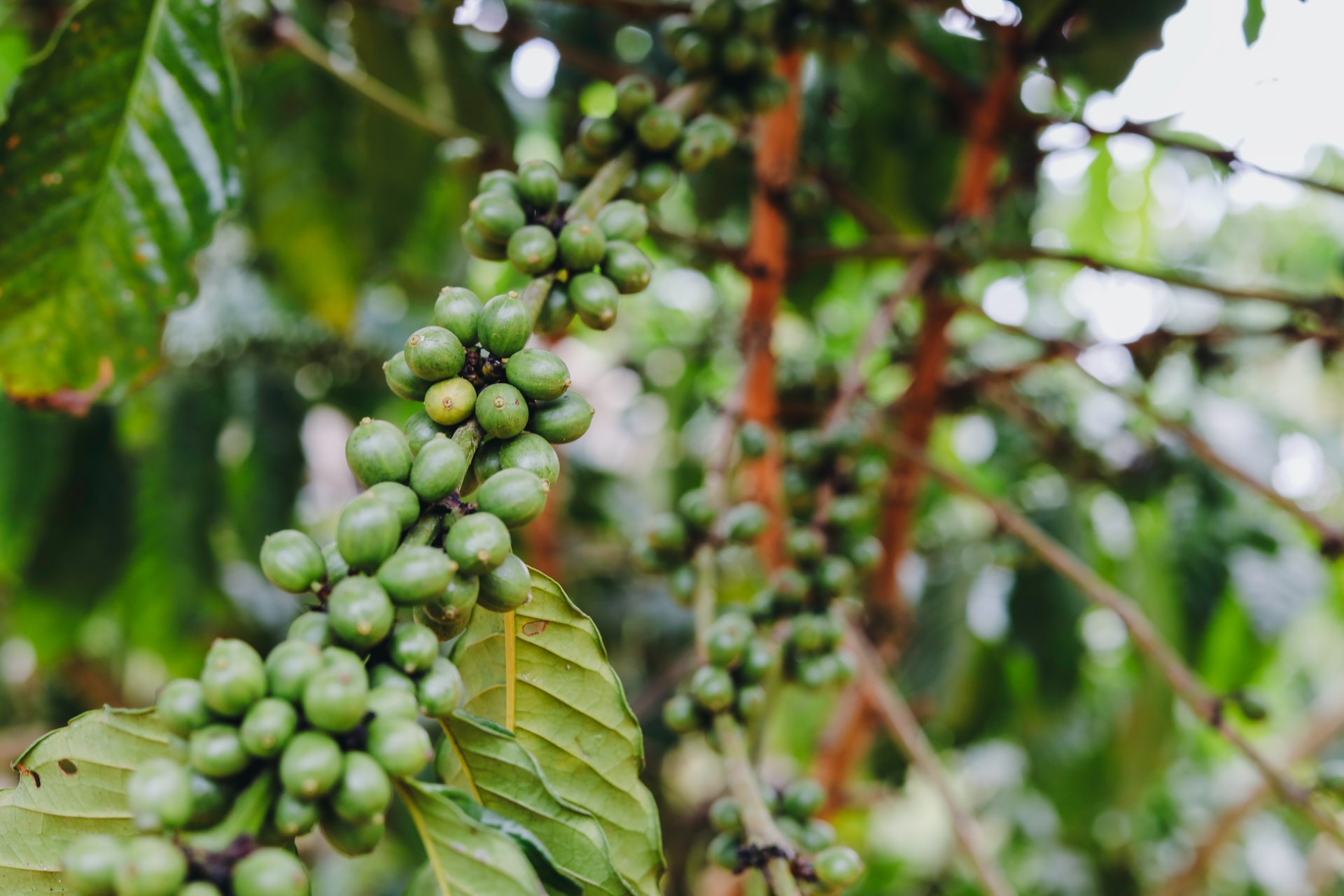06/05/2024 SOURCE: www.unep.org
In Uganda, the coffee sector plays a major role in the national economy. It is the main source of income for an estimated 1.7 million smallholder families and a major contributor to gross domestic product and export earnings. Arabica coffee farming is seen as a promising opportunity to enhance the economic prosperity of the region and support its social stability. At Mount Rwenzori, however, the sustainability of the coffee value chain is in doubt because producing coffee is not profitable enough to guarantee economic security and provide decent livelihoods. The Ugandan Government is therefore implementing an agriculture strategy aimed at increasing revenues from the crop, and supports extending the sector. The National Union of Coffee Agribusiness and Farm Enterprises (NUCAFE) and Centre de coopération internationale en recherche agronomique pour le développement (CIRAD) are promoting the adoption of a holistic and dynamic marketing approach using a triple certification model that includes regional branding and fair trade and organic designations. They also propose to build on the farmer ownership model, where farmers are organized into cooperatives and associations. This enables farmers to take collective action and responsibility to comply with the triple certification criteria, add value, and market their coffee by touting its unique intrinsic quality characteristics directly to international specialty markets that reward coffee quality, organic and social equity labels, and terroir characteristics. This project aims to build capacity among participants in the Mount Rwenzori coffee value chain for enhanced performance and greater autonomy. It will also help position farmer associations, cooperatives and unions to access offtake markets in consumer countries so as to generate greater profits that will finance their development.
Enhancing Africa’s green economy through eco-geographical indication for coffee
-
(0)
-
Bookmark
- Comments. (0)
12/21/2023 SOURCE: www.unep.org
Dubai, 8 December 2023 – Emerging novel alternatives to animal products such as meat and dairy may contribute to significantly reducing the environmental footprint of the current global food system, particularly in high- and middle-income countries, provided they use low-carbon energy. This is a key finding of a new UN Environment Programme (UNEP) assessment of such new alternatives to animal agriculture, a sector accounting for up to a fifth of planet-warming emissions, with meat consumption slated to grow by 50 per cent by 2050.
Novel meat and dairy alternatives could help curb climate-harming emissions - UN
-
(0)
-
Bookmark
- Comments. (0)




